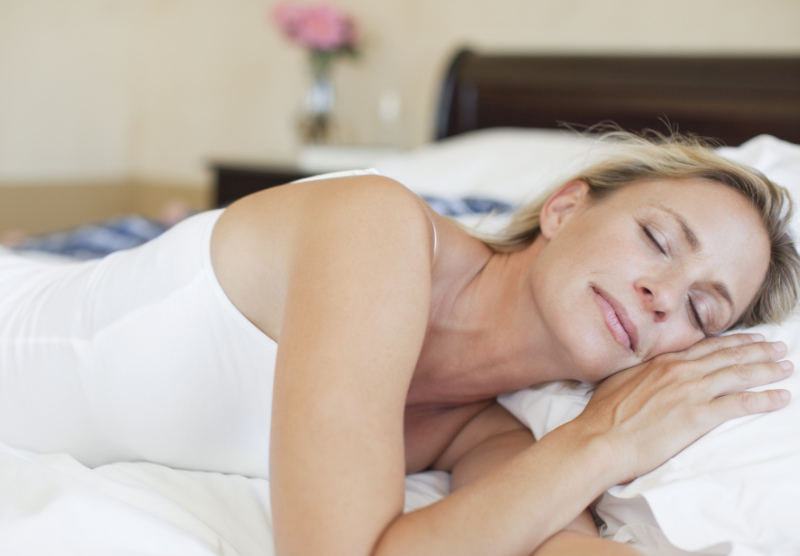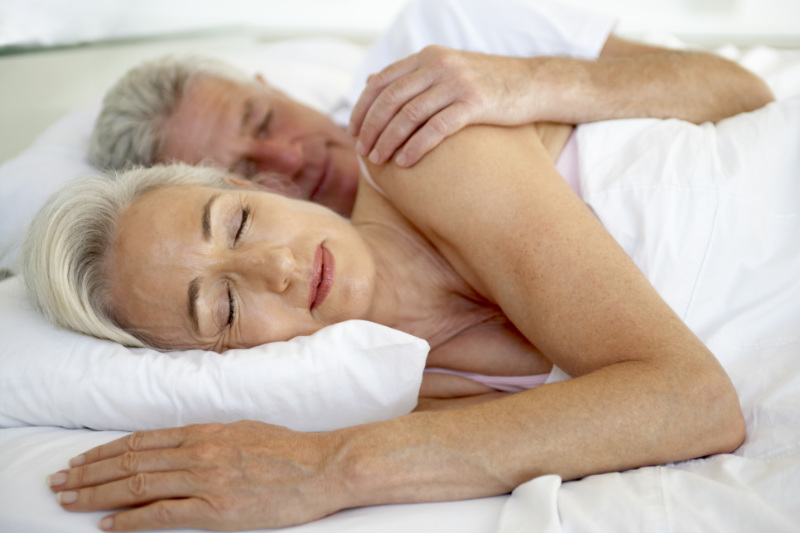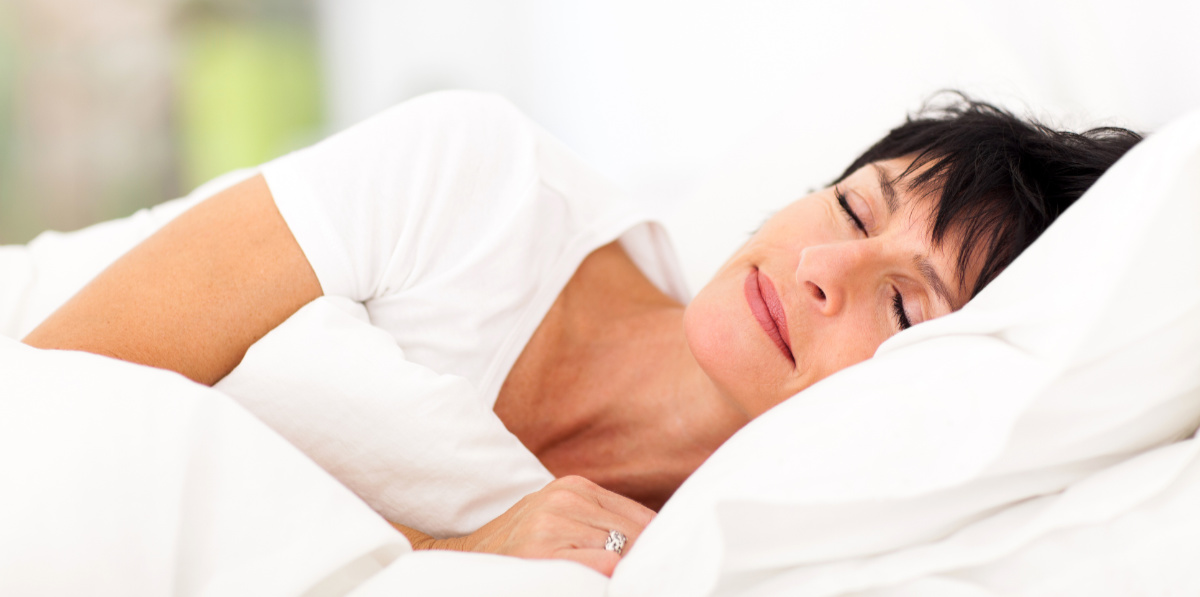If you always feel tired, maybe it’s time to turn to science for a proven way to get a better night of shut-eye by calculating your own sleep score.
Psychologist and sleep scientist Jason Ellis and a team at the Northumbria Centre for Sleep Research teamed up with Nectar Sleep to break down what makes a great night’s sleep great.
We all know how important enough sleep – and the quality of that sleep – is to our everyday lives. “From concentration to creativity levels, and even how we approach challenging situations, good quality sleep can have such a positive impact on a number of things,” says Ellis.
Recommended: Natural home remedies for sleeplessness – 11 natural cures for insomnia.
What is your personal sleep score?
But if you’re not getting good enough sleep and you don’t know why, the scientists may have found a way to determine the factors you may need to change or adjust. “People might be surprised at how much better they can actually sleep,” notes Ellis.
So, calculator at the ready – here’s what you need to know about the different elements that, together, determine how well you sleep…

What makes up your personal sleep score?
Sleep duration
Optimum for ideal sleep: 7-9 hours
We are all different, so some of us will only need seven hours, while others feel knackered unless they have nine. The best way to judge this is simply to question how you feel in the morning.
Sleep efficiency
Optimum sleep efficiency: More than 85%
Sleep efficiency is time spent in bed asleep, divided by time spent in bed overall. So if you spend eight hours in bed and four hours asleep in bed, you have a 50% sleep efficiency. This includes dozing or waking up in the middle of the night.
Social jet lag (aka lie ins)
Optimum: Fewer than 60 minutes
To minimise disruption to sleep patterns, the researchers say to minimise lie-in time to less than an hour.
Sleep environment
Optimum sleep environment: 22 degrees C, minimal light and noise below 40db
Aside from a temperate, dark and quiet room, the mattress should also be comfortable and supportive, to minimise the risk of tossing and turning.
Sleep routine behaviour
Optimum sleep routine: No caffeine six hours prior, no activities two hours before bed
Basically, late night activities are a no no. Ditch the tea and coffee habit after lunchtime, don’t smoke (if you do) 30 minutes before bed, and make sure all your work activities, exercise and eating is done and dusted two hours before you get tucked up in bed.
Sleep disturbance criteria
To take into account: Factors that contribute to a bad night sleep
These include whether a person has a recognised sleep problem, uses medicine or alcohol to aid sleep, feels drowsy in the day or has a partner with a sleep problem.
Recommended: Banana before bed? Seven foods to aid sleep.

How to calculate your sleep score
You could aim for the above and you’d stand a good chance of a refreshing slumber, or you could get really technical about it.
Scientists say the optimal ‘sleep score’ for the perfect night’s sleep is 18.
Your score is calculated by:
- Add two points if you manage the optimal SD (sleep duration).
- Add two points for the ideal SE (sleep efficiency).
- Add three points for less than one hour of SJL (social jet lag).
Next, you get a maximum of seven points for the ideal SEC (sleep environment) and this is made up of:
- Add two points for 22 degrees C.
- Add one point for no noise.
- Add one pont for no light.
- Add one point for no electronic use.
- Add two points for a comfortable bed.
Lastly, there’s an additional four points for ideal SRB (sleep routine behaviour), which is calculated by:
- Add one point for not working within two hours of bed.
- Add one point for no food or exercise within two hours of bed.
- Add one point for no caffeine within six hours.
- Add one point for no smoking within 30 minutes of sleep.
If you’re still with us, you need to add that number up and divide it by the SDC (sleep disturbance criteria).
If you consider yourself to to plagued by any of the factors mentioned above then each ‘disturbance’, like a partner with a sleep problem, is worth one point. Divide your previous score by that number for your final result.
Or in a nutshell: (SD + SE + SJL + SEC + SRB) / SDC = a perfect night’s sleep.
Recommended: Can’t sleep? You might have orthosomnia.
What your sleep score means
If your sleep score is 18 or more…
Well done you – you’re officially a great sleeper, according to science. If you got less than that, your calculations can help you work out where you can make changes to improve your score, and therefore your sleep.
Fancy seeing how your score compares? A sample of 700 people in the UK who consider themselves normal sleepers, between the ages of 18-65, were tested and on average scored 12. That’s pretty far from the ideal 18.
So if you’re a ‘bad’ sleeper, you certainly aren’t alone. Although now you might understand a bit more about what it might take to fix it.
Recommended: I can’t sleep! How to quickly overcome insomnia.































































